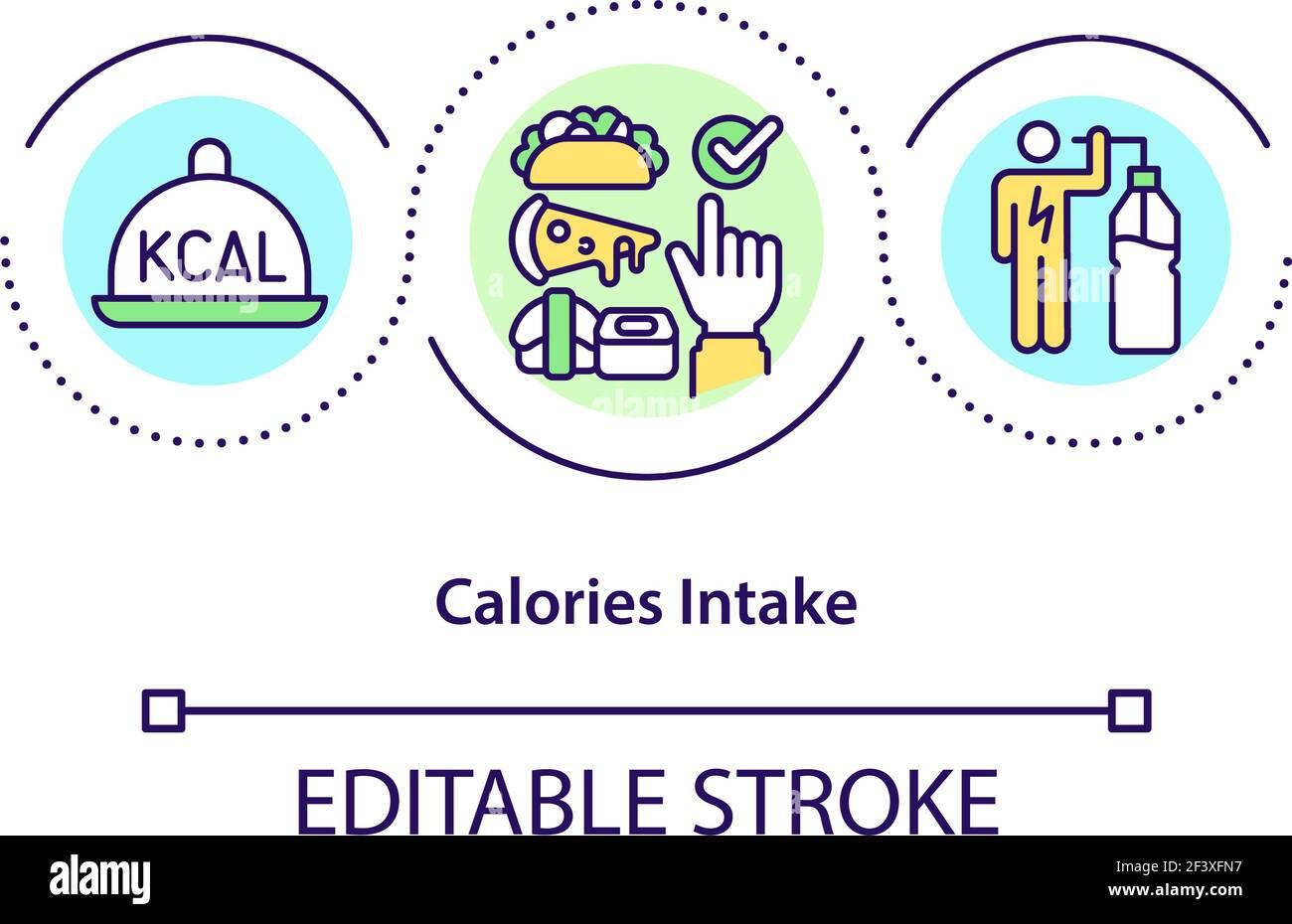In the quest for effective fat loss, many individuals find themselves at a crossroads, pondering whether the meticulous act of counting calories is a necessary step toward achieving their goals. This age-old debate, echoing through gyms, kitchens, and health forums, invites us to explore the complex relationship between calorie counting and fat loss. As we embark on this journey, we’ll delve into the science behind caloric intake, unravel the myths that surround it, and consider alternative approaches that promise similar results. Join us as we navigate this nutritional labyrinth, seeking clarity and balance in the pursuit of a healthier self.
Understanding the Role of Calorie Counting in Weight Management
Calorie counting has long been a staple in the world of weight management, but is it truly indispensable for shedding those extra pounds? At its core, calorie counting is a method to quantify energy intake versus expenditure, allowing individuals to make informed dietary choices. While some find solace in the structure and accountability it provides, others argue it can become an obsession, detracting from the joy of eating. Instead of rigidly adhering to numbers, consider focusing on a few key principles:
- Mindful Eating: Pay attention to hunger cues and savor each bite, which can naturally lead to consuming fewer calories.
- Quality over Quantity: Opt for nutrient-dense foods that keep you satiated longer, reducing the urge to snack unnecessarily.
- Balance and Variety: Ensure your meals are balanced with a mix of macronutrients, which can help maintain energy levels and curb cravings.
While calorie counting can be a useful tool, it’s essential to remember that personal preferences and lifestyle play a significant role in its effectiveness. For some, it serves as a guide, while for others, it may not be necessary at all. Finding what works for you and embracing a sustainable approach is key to long-term success in fat loss.

Exploring Alternative Approaches to Fat Loss
While traditional methods of fat loss often emphasize the importance of calorie counting, many individuals are exploring alternative approaches that can be equally effective. These methods prioritize understanding the body’s natural cues and fostering a sustainable relationship with food. Here are some strategies that focus on holistic wellness rather than strict numerical tracking:
- Intuitive Eating: This approach encourages individuals to listen to their body’s hunger and fullness signals. It promotes a more mindful connection with food, helping people recognize true hunger cues and avoid emotional eating.
- Macronutrient Balancing: Instead of focusing solely on calories, this strategy emphasizes the quality of food by ensuring a balanced intake of proteins, fats, and carbohydrates. This balance can help stabilize blood sugar levels and support metabolic health.
- Intermittent Fasting: By alternating periods of eating and fasting, this method can help regulate insulin levels and promote fat burning without the need for meticulous calorie tracking.
- Mindful Movement: Engaging in physical activities that bring joy rather than focusing solely on burning calories can create a more positive relationship with exercise and support overall well-being.
By shifting the focus from calorie counting to these alternative methods, individuals can potentially achieve effective fat loss while fostering a healthier lifestyle and mindset.

Balancing Nutritional Quality with Caloric Intake
Striking the perfect balance between what we eat and how much we eat is an art as much as it is a science. Nutritional quality plays a pivotal role in achieving effective fat loss, often overshadowing mere calorie counting. While keeping an eye on caloric intake can guide you, focusing on nutrient-dense foods can provide a more sustainable and holistic approach to weight management. Consider incorporating the following into your diet:
- Whole Grains: Rich in fiber and essential nutrients, they help keep you full longer.
- Lean Proteins: Aid in muscle maintenance and repair, crucial for a toned physique.
- Fruits and Vegetables: Packed with vitamins, minerals, and antioxidants to support overall health.
- Healthy Fats: Sources like avocados and nuts provide satiety and essential fatty acids.
By emphasizing the quality of the foods you consume, you naturally align your diet with your body’s needs, potentially reducing the necessity of obsessively counting every calorie. This approach not only fosters a healthier relationship with food but also enhances the body’s ability to lose fat effectively.

Practical Tips for Achieving Sustainable Fat Loss Without Counting Calories
While calorie counting can be a helpful tool for some, it isn’t the only path to achieving sustainable fat loss. Here are a few practical strategies to consider:
- Focus on Nutrient Density: Opt for foods rich in vitamins, minerals, and fiber, such as fruits, vegetables, lean proteins, and whole grains. These choices not only promote satiety but also support overall health.
- Mindful Eating: Pay attention to hunger cues and savor each bite. Slowing down your meals can enhance digestion and prevent overeating.
- Portion Control: Use smaller plates and bowls to naturally limit portion sizes without the need for meticulous measuring.
- Stay Hydrated: Drinking water throughout the day can help manage hunger and reduce the temptation to snack mindlessly.
By integrating these habits into your daily routine, you can work towards your fat loss goals in a way that feels less restrictive and more sustainable.
